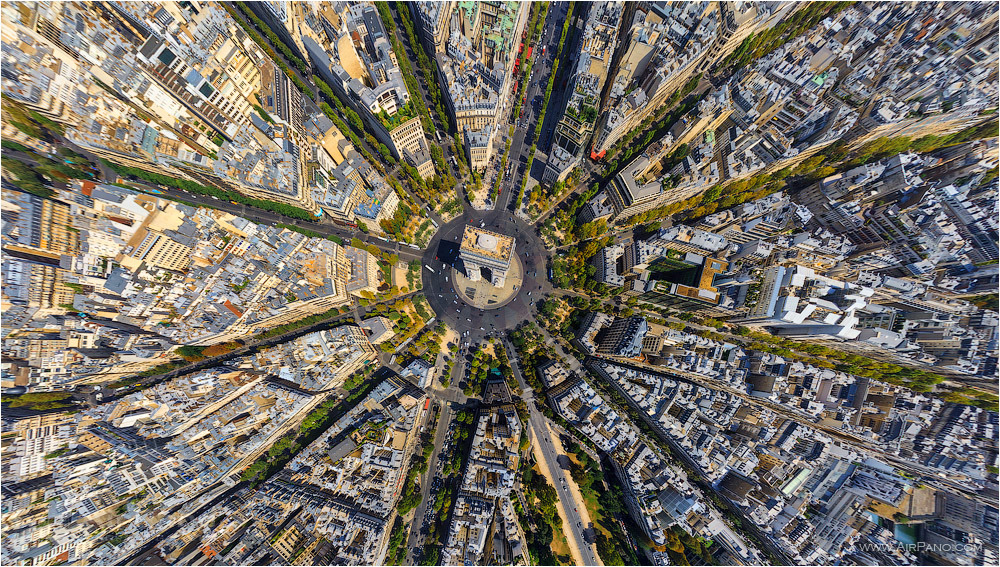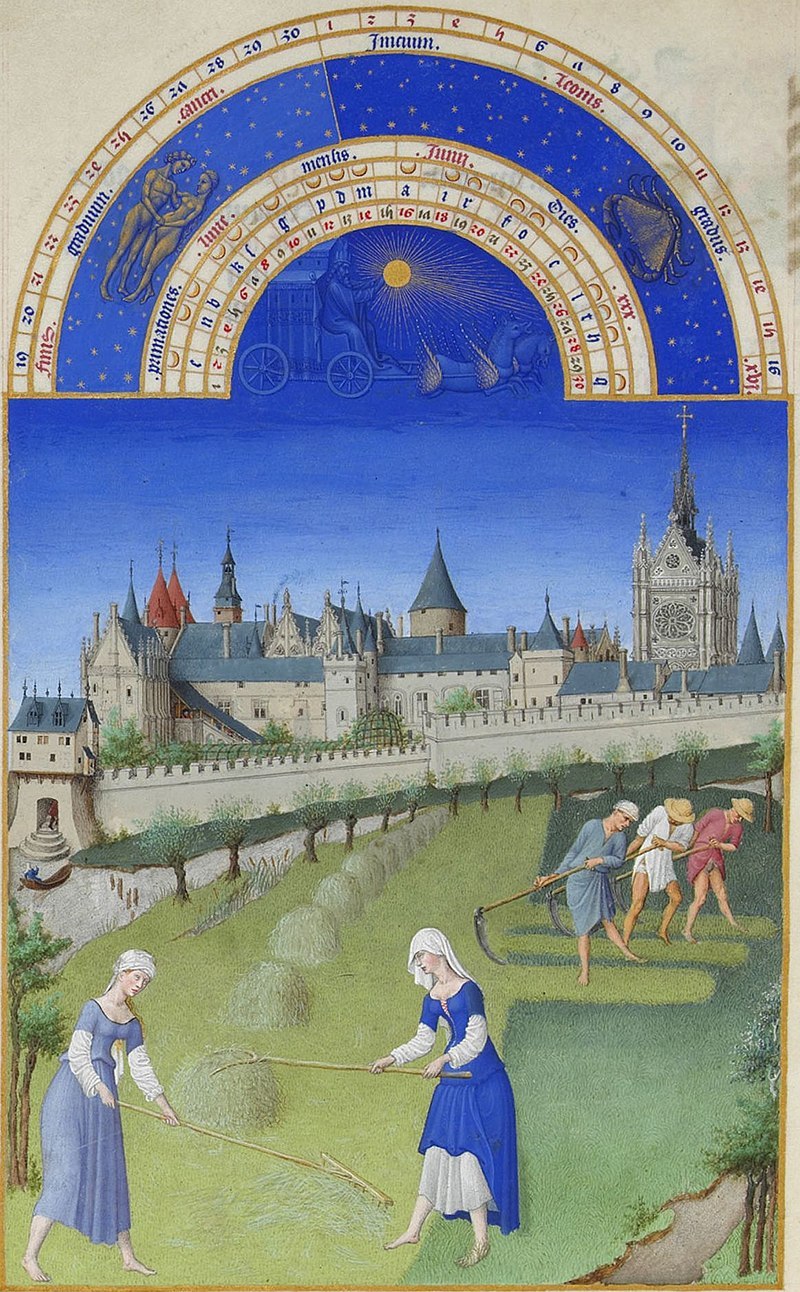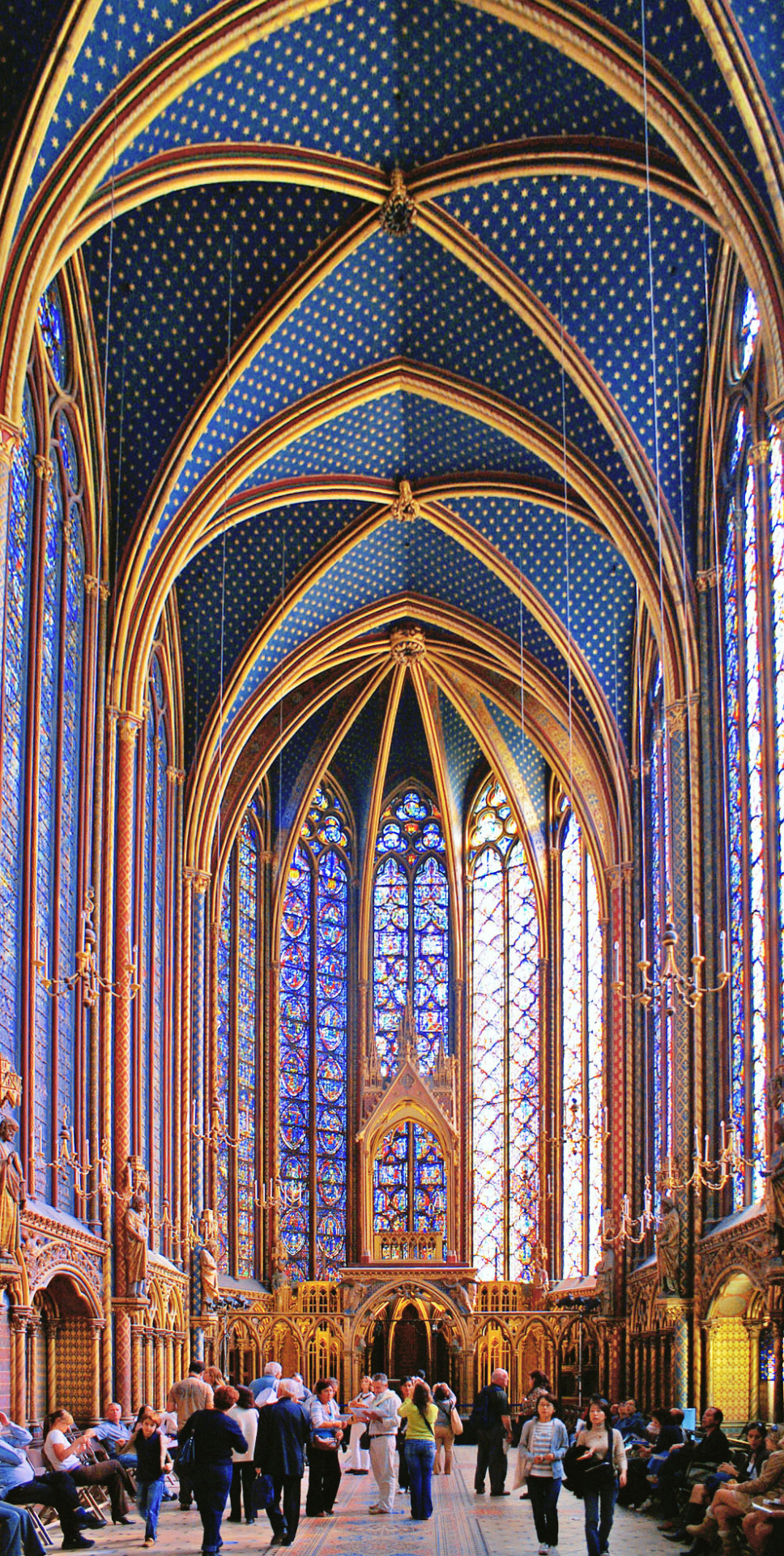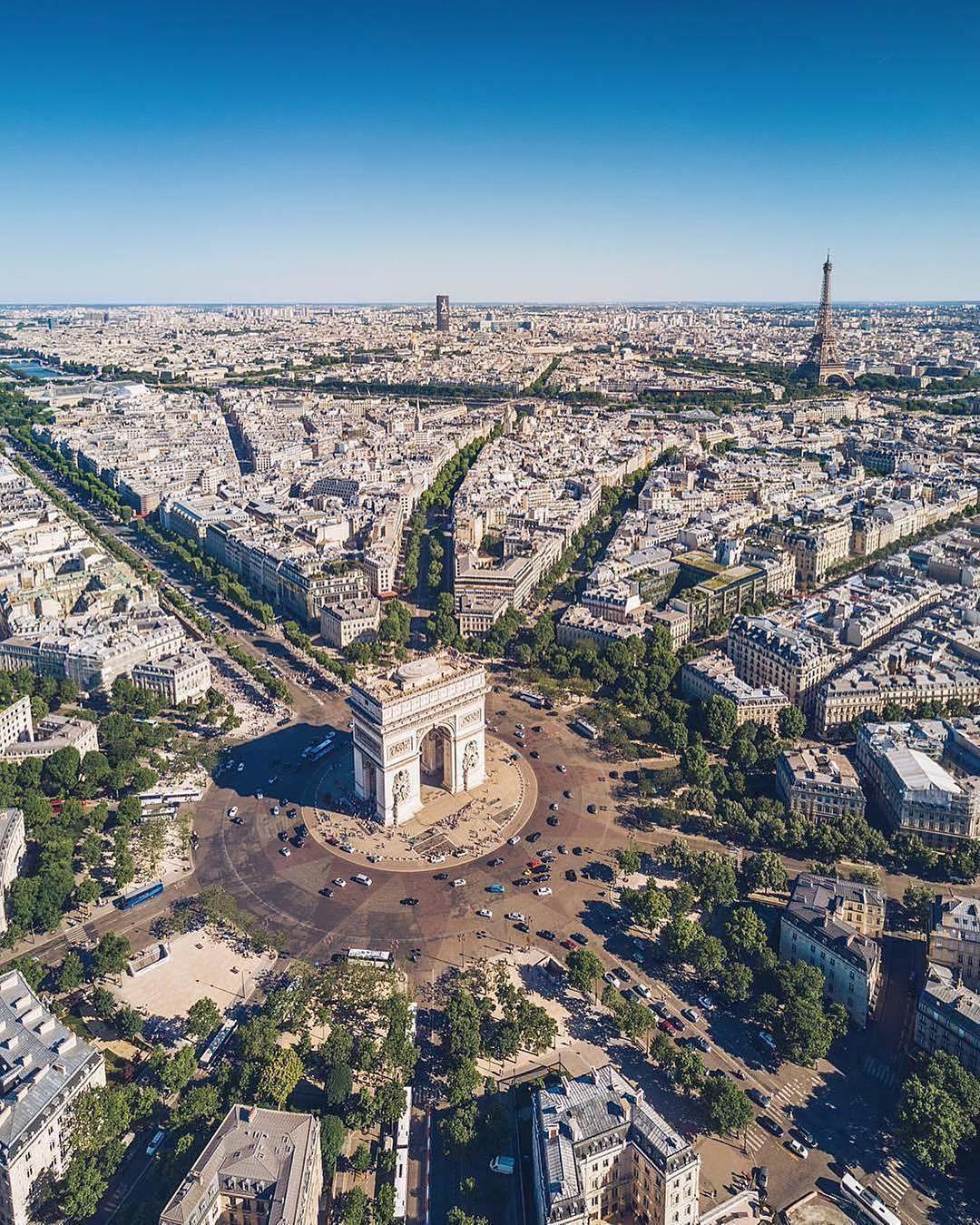Paris 3D
Dassault Systèmes launched in 2012 the Paris 3D Saga project, an educative and immersive journey in the History of Paris from -52 BC to 1889
Paris 3D Saga Making Of
English Subtitles - Dassault Systèmes
Paris 3D Saga: http://paris.3ds.com
September 29th 2012, 15 000 people participated at the City hall of Paris to a new kind of immersive and virtual reality show.
Paris 3D Saga: http://paris.3ds.com

Les Très Riches Heures du duc de Berry Juin


Reconstitution 3D
La Sainte-Chapelle et du Palais Royal
de la Cité au XIVème siècle
A l’occasion du 8ème centenaire de la naissance de Louis IX, qui donne lieu à une exposition « Saint Louis » présentée par le Centre des monuments nationaux (CMN) du 8 octobre 2014 au 11 janvier 2015, l’Institut Passion for Innovation de Dassault Systèmes et le CMN s’associent pour créer une expérience immersive inédite du Palais de la Cité au XIVème siècle. Grâce aux technologies 3D temps réel, ce nouveau projet dévoile pour la première fois la Sainte-Chapelle et l’ensemble architectural de l’époque dans une version interactive.
Pour vivre l’expérience et découvrir la visite virtuelle de la Sainte-Chapelle et des bâtiments de Paris 3D, rendez-vous :
• A partir du 8 octobre en exclusivité sur la borne interactive mise à disposition dans la chapelle basse de la Sainte-Chapelle au 8 boulevard du palais 75001 Paris
• A l’exposition « Saint Louis », à découvrir à la Conciergerie au 2 boulevard du palais 75001 Paris du 8 octobre 2014 au 11 janvier 2015
• Toutes les informations sur www.monuments-nationaux.fr
Et enfin :
• Prochainement sur l’application « Paris 3D Saga » disponible gratuitement sur l’Apple Store (référence dans la catégorie éducation) et sur le Windows Store,
• Sur http://paris.3ds.com,
• Sur des bornes tactiles interactives sur la construction de Notre-Dame à la Crypte Archéologique du parvis de Notre-Dame.

La Sainte Chapelle Paris
History
The Sainte-Chapelle or "Holy Chapel", in the courtyard of the royal
palace on the Île de la Cité (now part of a later administrative complex
known as La Conciergerie), was built to house Louis IX's collection of relics of Christ, which included the Crown of Thorns, the Image of Edessa and some thirty other items. Louis purchased his Passion relics from Baldwin II, the Latin emperor at Constantinople, for the sum of 135,000 livres,
though this money was actually paid to the Venetians, to whom the
relics had been pawned. The relics arrived in Paris in August 1239,
carried from Venice by two Dominican friars.
Upon arrival, King Louis hosted a week-long celebratory reception for
the relics. For the final stage of their journey they were carried by
the King himself, barefoot and dressed as a penitent, a scene depicted
in the Relics of the Passion window on the south side of the chapel. The relics were stored in a large and elaborate silver chest, the Grand-Chasse,
on which Louis spent a further 100,000 livres. The entire chapel, by
contrast, cost 40,000 livres to build and glaze. Until it was completed
in 1248, the relics were housed at chapels at the Château de Vincennes and a specially built chapel at the Château de Saint-Germain-en-Laye. In 1246, fragments of the True Cross and the Holy Lance
were added to Louis' collection, along with other relics. The chapel
was consecrated on 26 April 1248 and Louis' relics were moved to their
new home with great ceremony.
As well as serving as a place of worship, the Sainte-Chapelle
played an important role in the political and cultural ambitions of King
Louis and his successors. With the imperial throne at Constantinople occupied by a mere Count of Flanders and with the Holy Roman Empire
in uneasy disarray, Louis' artistic and architectural patronage helped
to position him as the central monarch of western Christendom, the
Sainte-Chapelle fitting into a long tradition of prestigious palace
chapels. Just as the Emperor could pass privately from his palace into
the Hagia Sophia in Constantinople,
so now Louis could pass directly from his palace into the
Sainte-Chapelle. More importantly, the two-story palace chapel had
obvious similarities to Charlemagne's palatine chapel at Aachen
(built 792–805) - a parallel that Louis was keen to exploit in presenting
himself as a worthy successor to the first Holy Roman Emperor.




No comments:
Post a Comment